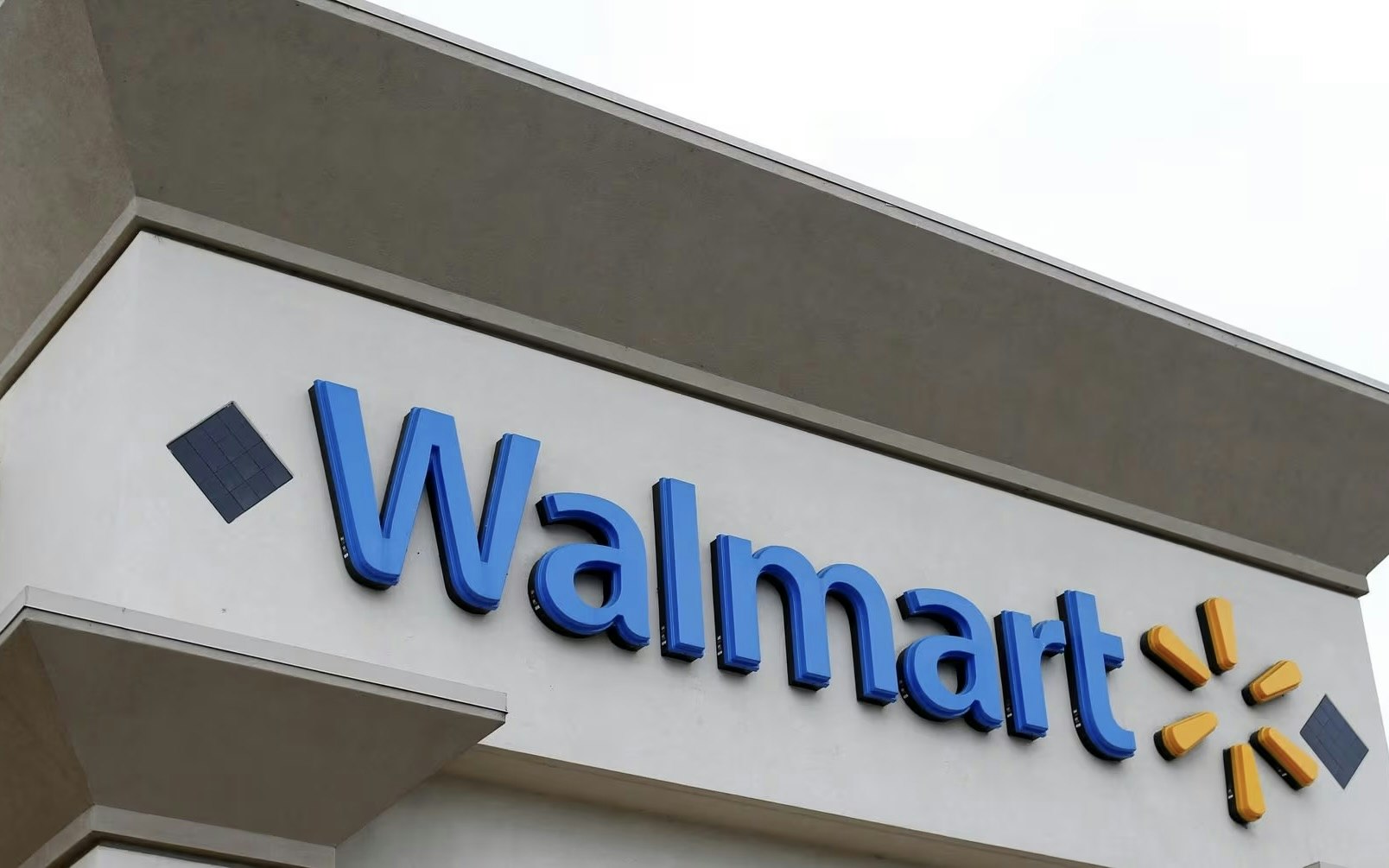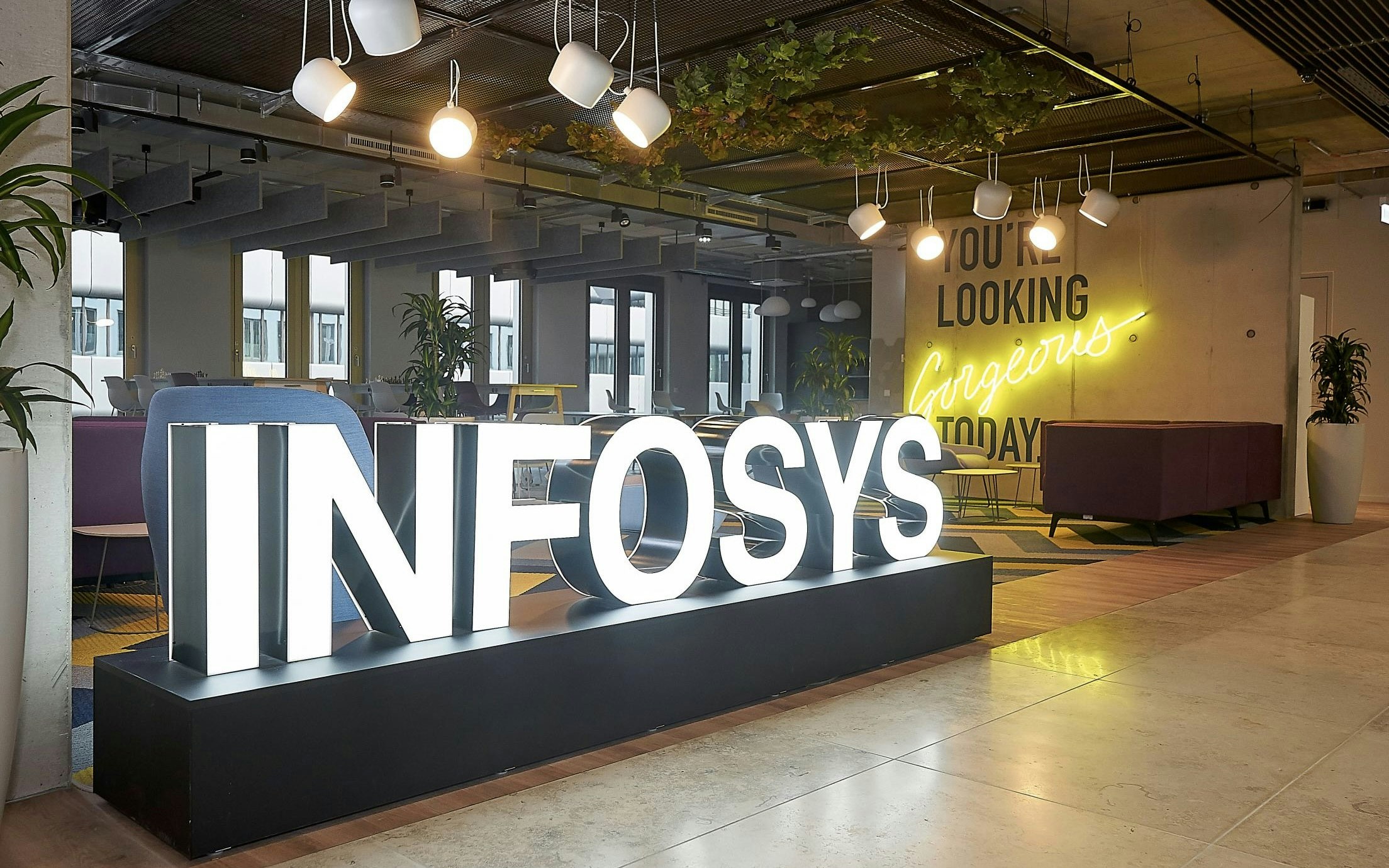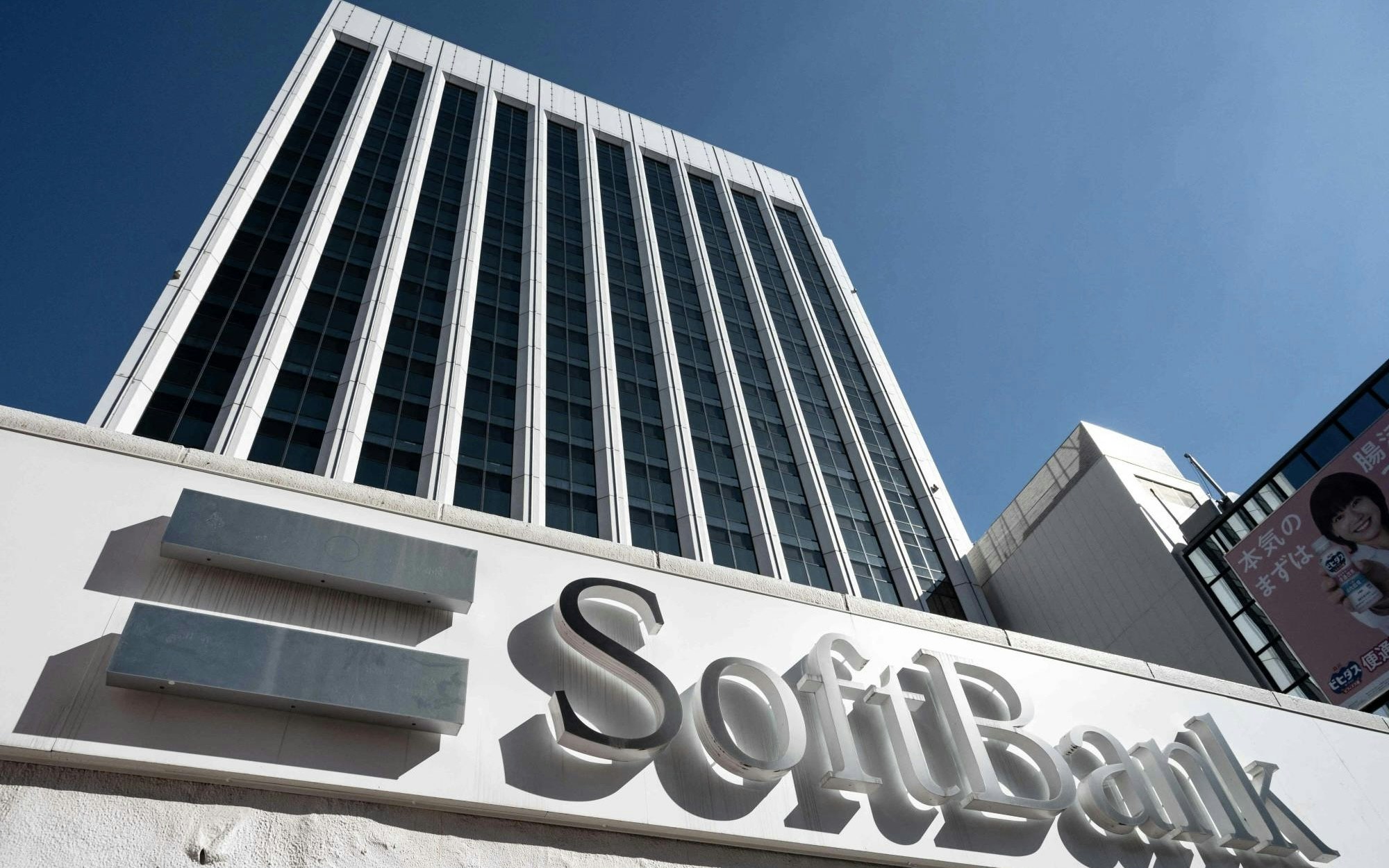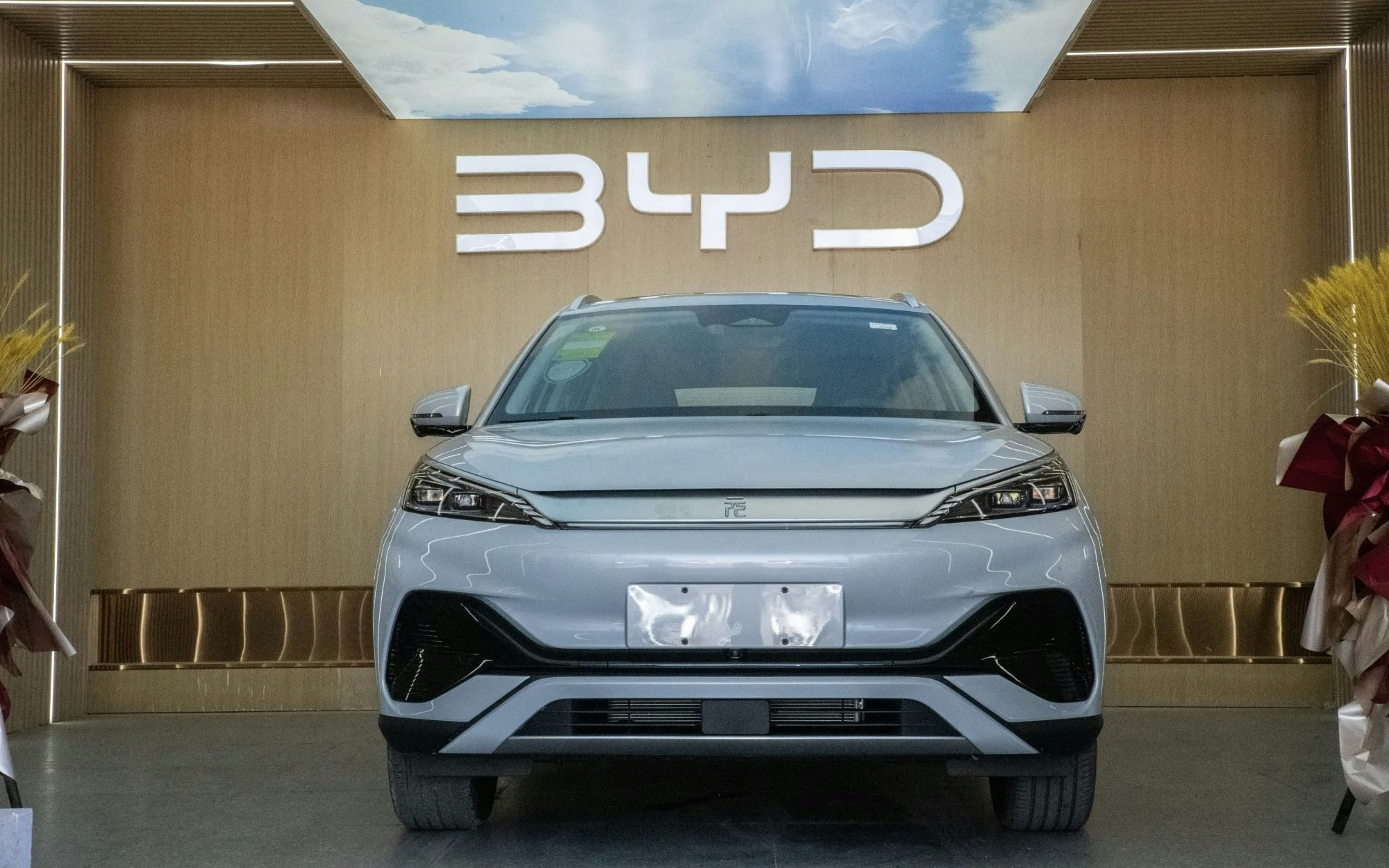Business
Walmart-Vizio Deal Threatens Data Source for Consumer Data
As a leading provider, the manufacturer of connected TVs tracks the viewing habits of millions of consumers.

Walmart, the Globally Renowned Retail Corporation, Is On The Verge Of Finalizing A Groundbreaking Deal That Could Significantly Influence The Connected TV (CTV) Industry And The World Of Advertising. With The Planned Acquisition Of Vizio For $2.3 Billion, Walmart Secures Access To A Data Source That Tracks The Viewing Habits Of Millions Of Consumers. Vizio, A Leading Manufacturer Of Smart-TVs, Utilizes Automatic Content Recognition (ACR) Technology To Analyze The Usage Behavior Of TV Owners. This Includes Monitoring Which Shows And Commercials Are Being Watched And What Games Are Being Played.
These Valuable Data, Which Vizio Has Established Over Years, Have Made the Company an Indispensable Resource for Advertisers and Their Agencies. Vizio was one of the first to license ACR data on a large scale, which made the company the de facto standard for planning and measuring advertising campaigns. The accuracy of these data significantly exceeds that of traditional TV rating services because they provide direct insights into viewing behavior instead of relying on meters in select households.
The deal between Walmart and Vizio has, however, caused unrest in the advertising industry. There is concern that Walmart might restrict access to these valuable data after the acquisition in order to strengthen its own advertising platform, Walmart Connect. Experts like Shiv Gupta, founder of U of Digital, see the acquisition as a strategic move to expand Walmart's media network and make its advertising offerings more attractive.
Walmart plans to honor existing contracts with partners like iSpot and some major advertisers. Nevertheless, it is likely that the company will seek more exclusive use of Vizio's data after these contracts expire. The acquisition aligns with Walmart's endeavor to create a media ecosystem that connects both brick-and-mortar and e-commerce with a strong advertising sales offering and entertainment services. Vizio could also help Walmart get ahead in the competition with Amazon by linking advertising purchases more directly with in-store and online sales.
Although Walmart may suffer losses in the short term due to the restriction of data access, the company could benefit from higher margins in the advertising business in the long run. Vizio is currently collecting data from around 23 million connected TV devices in the US. In comparison, Roku has over 80 million active users worldwide but does not provide specific information on consent to data collection.
For brands that sell a large portion of their products in Walmart stores, the acquisition of Vizio could make Walmart's advertising products more attractive compared to other providers. The insights into the impact of advertising on sales that Walmart obtains through the nature of its business provide a crucial advantage. Marketers who might lose access to Vizio's data will, willingly or not, have to turn to other smart TV companies that collect and license this data on a more limited basis.
Walmart's acquisition of Vizio might present short-term challenges for advertisers, but in the long term, a picture is emerging in which Walmart could play a central role in the ecosystem of digital advertising and entertainment. Brands that adapt to the new data landscape will continue to have opportunities to effectively reach their target audiences.






